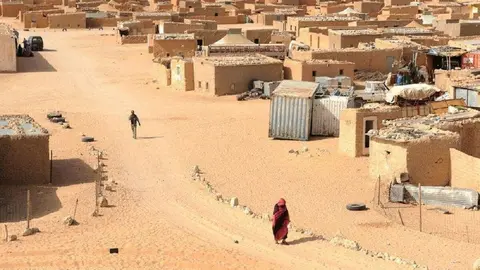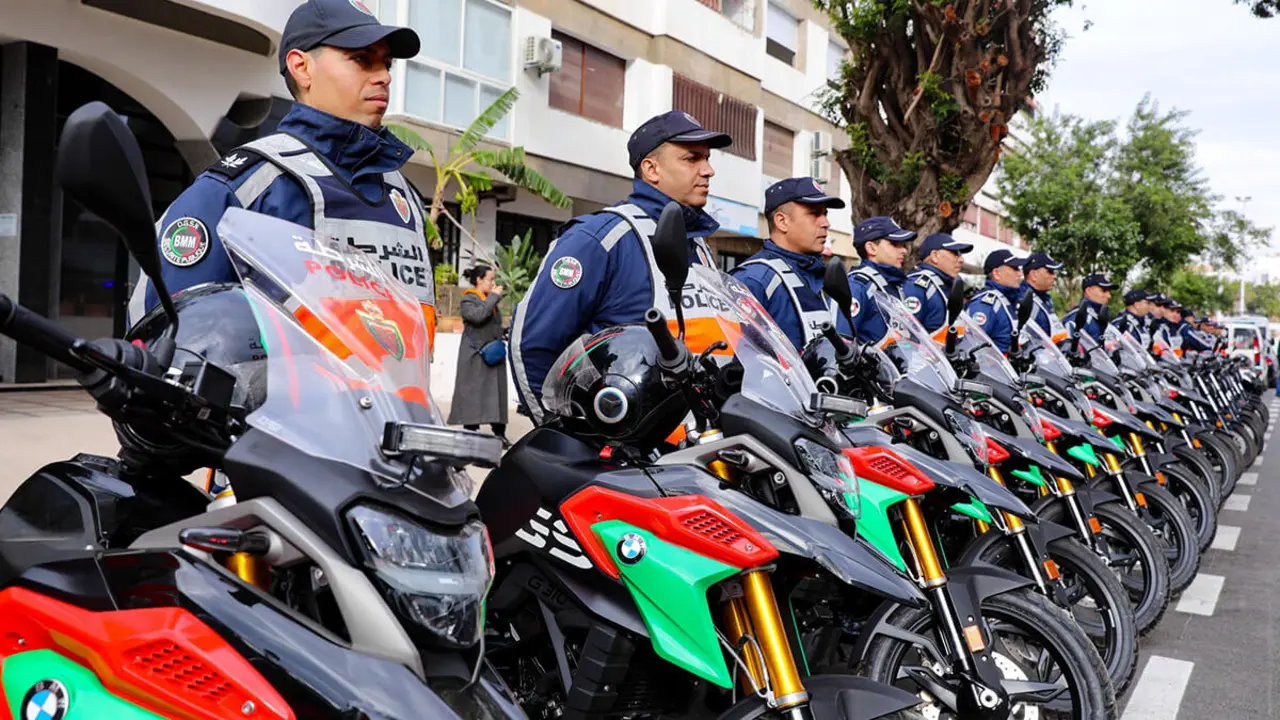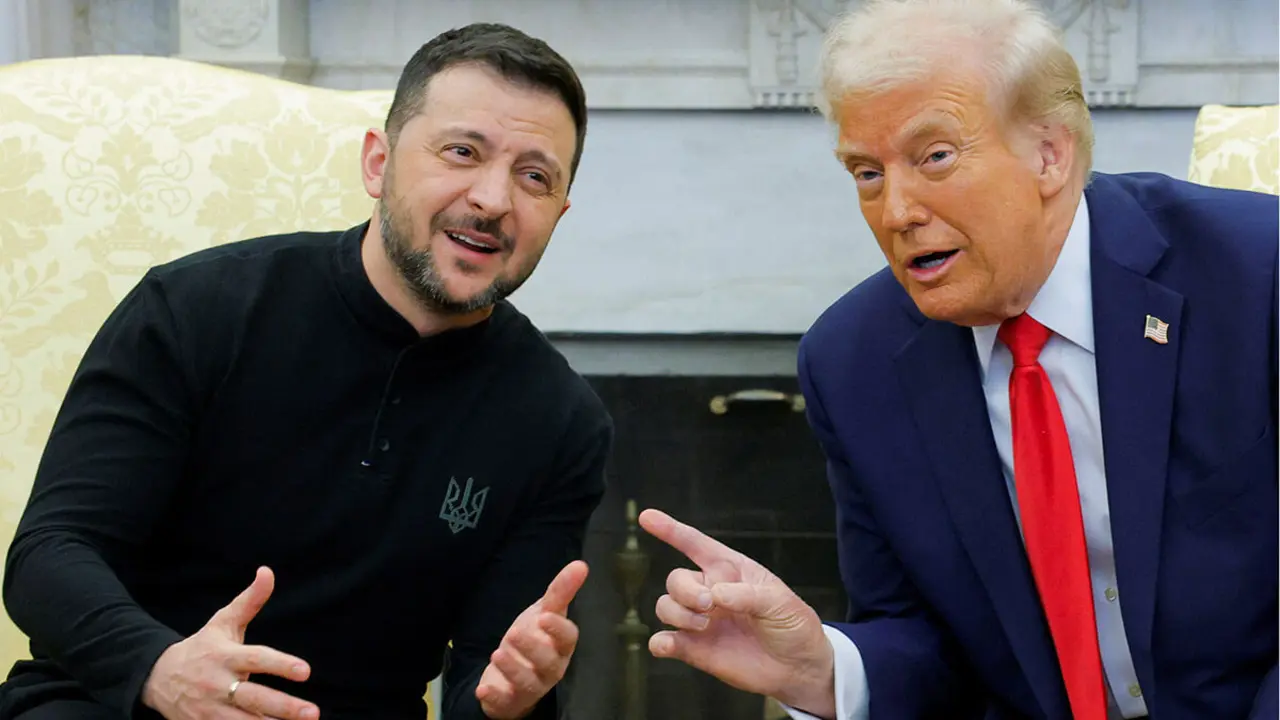Germany reiterates its support for Morocco's autonomy plan for Western Sahar

Germany once again supported Morocco's initiative for Western Sahara, which is based on a formula of broad autonomy for the territory under Moroccan sovereignty, respecting the resolutions of the United Nations (UN).
The German Minister of Foreign Affairs, Annalena Baerbock, received her Moroccan counterpart, Nasser Bourita, in Berlin, and highlighted the North African country's proposal as a "serious and credible" effort to resolve the Saharawi conflict after more than four decades of stagnation. At this working meeting, Baerbock reiterated her country's "long-standing support for the UN-led process for a realistic, pragmatic, lasting and mutually acceptable political solution".
Annalena Baerbock described the Moroccan initiative as a "very good basis for a solution", as reported by the official Moroccan news agency MAP.

Both Germany and Morocco fully support the work done by the UN in settling the Saharawi dispute. The work of the UN Special Envoy for Western Sahara, Staffan de Mistura, who has tried to maintain a fluid dialogue with the parties concerned in order to reach some political understanding, is also highly praised. The UN Security Council itself has been calling for a political solution based on the commitment of the opposing parties, but, for the time being, there has been no rapprochement between the parties involved to bring about an agreement, despite the great efforts made by Morocco in this case.
Morocco proposes a formula of broad autonomy for Western Sahara under Moroccan sovereignty with the aim of developing the so-called southern provinces to the maximum in all areas: economic, social, educational, administrative, legal, etc. The objective would be for Western Sahara to be in charge of legal and economic territorial affairs with considerable freedom of action, and for the Moroccan state to take charge of defence and foreign policy matters.
M. Nasser Bourita et la ministre des Affaires Etrangères d’Allemagne, Mme Annalena Baerbock, ont pris part, aujourd'hui à Berlin, à la présentation de documents diplomatiques originaux conservés aux Archives Politiques de @AuswaertigesAmt.@ABaerbock pic.twitter.com/U2NUlDBTHj
— Maroc Diplomatie 🇲🇦 (@MarocDiplomatie) July 6, 2023
Already in 2022, Germany had shown its support for the Moroccan initiative as the "most serious and realistic" way to settle the Saharawi dispute, thus joining a long and important list of major nations that have been backing the North African country in its proposal for the Saharawi territory, which includes nations such as the United States, the United Arab Emirates, the United Kingdom and Spain.

On the opposite side is the Polisario Front, with the backing of Algeria, which advocates holding a referendum on independence for the Sahrawi population, which is difficult to achieve, as various experts have pointed out, citing census problems, and which enjoys less support on the international stage. The most striking case is that of the Algerian state, which is a bitter political rival of Morocco in the Maghreb, going so far as to break off diplomatic relations with the Moroccan kingdom in August 2021 after accusing it of carrying out 'hostile acts' and after showing many differences on various political issues, most notably the issue of Western Sahara.
This new German political move demonstrates the great momentum of German-Moroccan diplomatic relations after Germany has supported the Kingdom since 2022 in the resolution of the Western Sahara conflict. In this regard, it is worth noting that Morocco is the second largest destination for German investment in Africa, with 160 German companies established in the North African country. In addition, cooperation on security issues has developed positively thanks to the High Level Meetings held between the two countries. The dialogue between the two countries on migration issues is satisfactory and is based on "rational and responsible" cooperation, as Nasser Bourita himself acknowledged. Meanwhile, the fight against terrorism is also a very important issue for both nations, on which they are working hard, along with collaboration to maintain security and stability in hot spots such as the Middle East and Libya, a country that has been suffering in recent years from a bloody civil war in which Morocco has actively mediated to bring the warring parties to an agreement.









